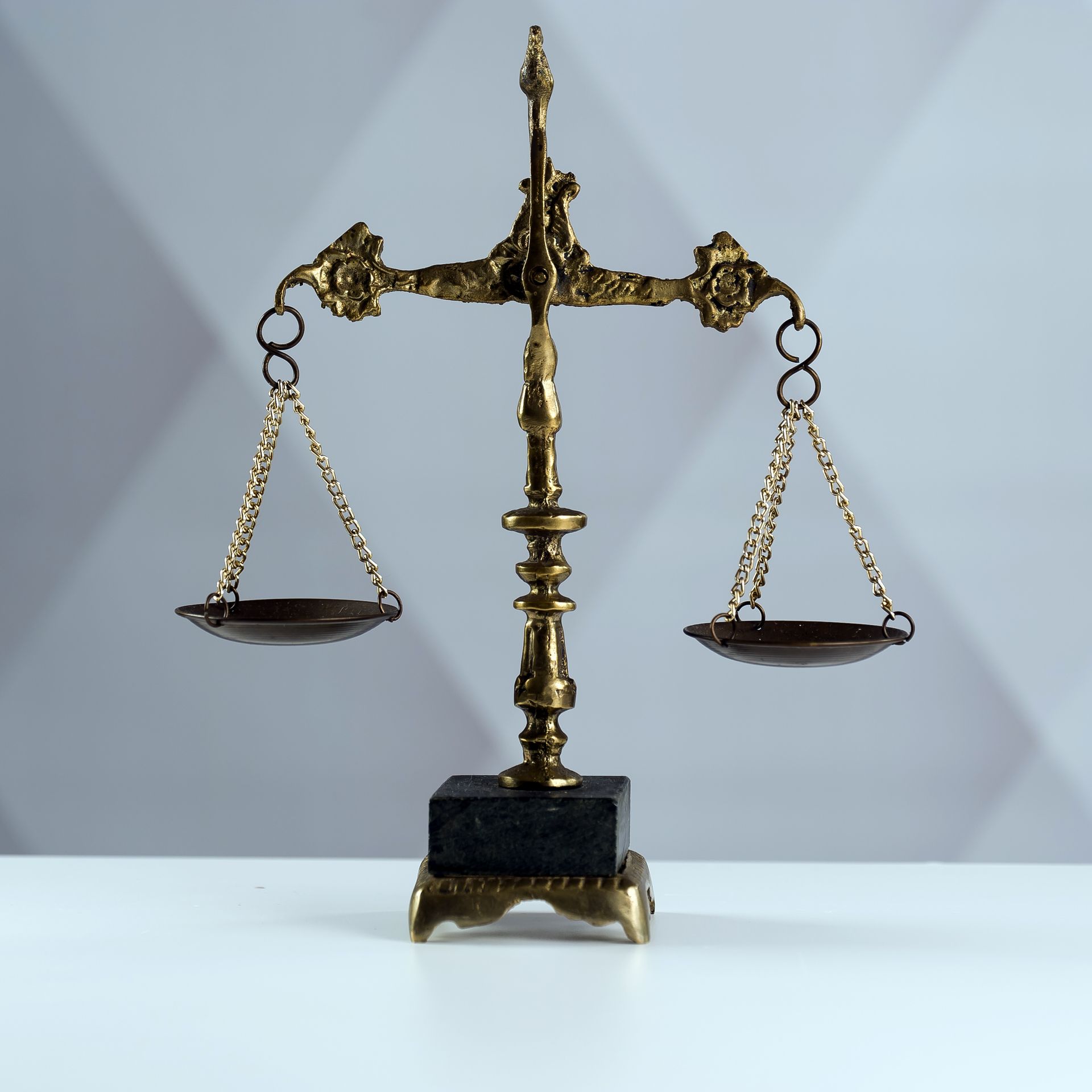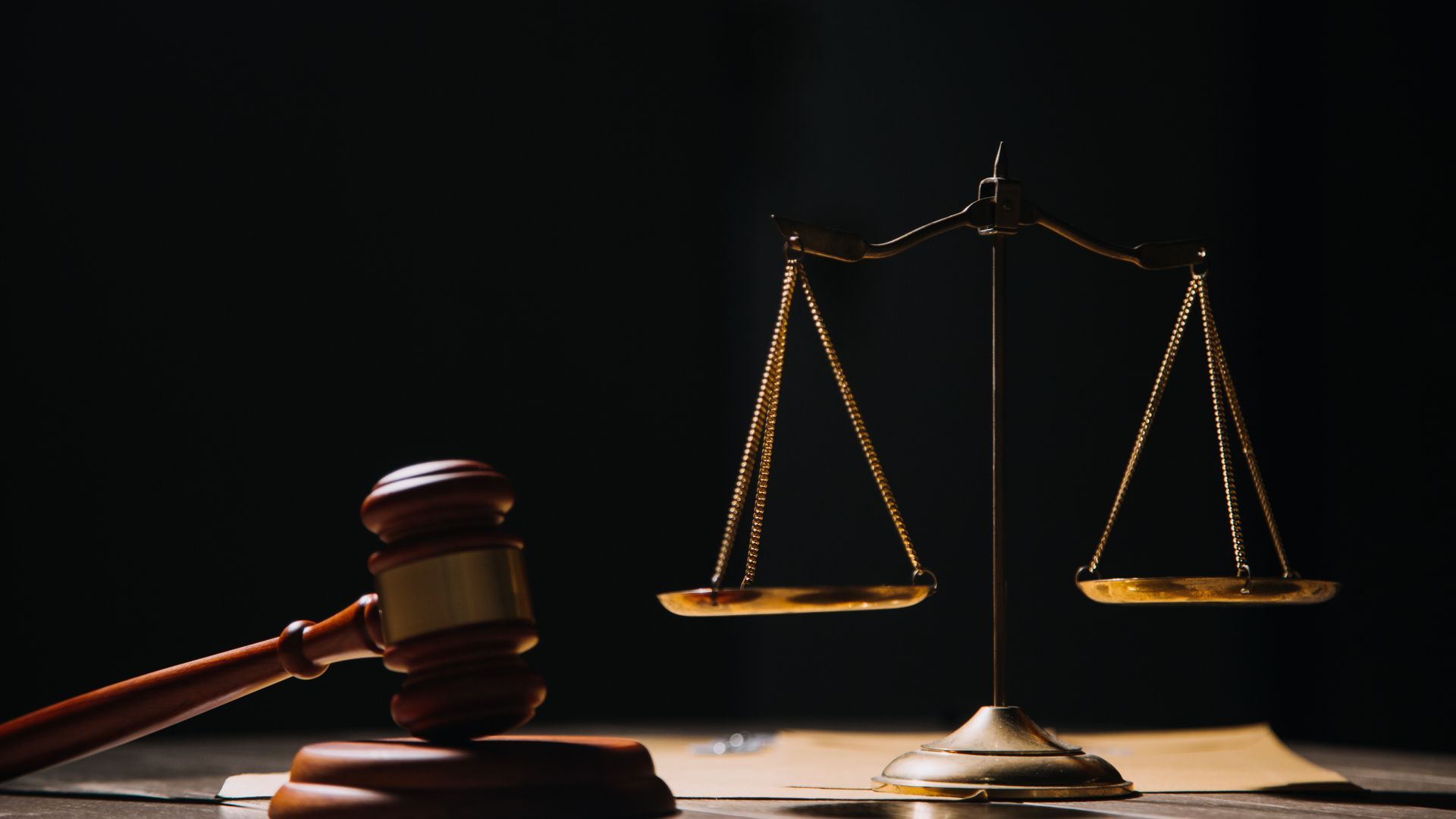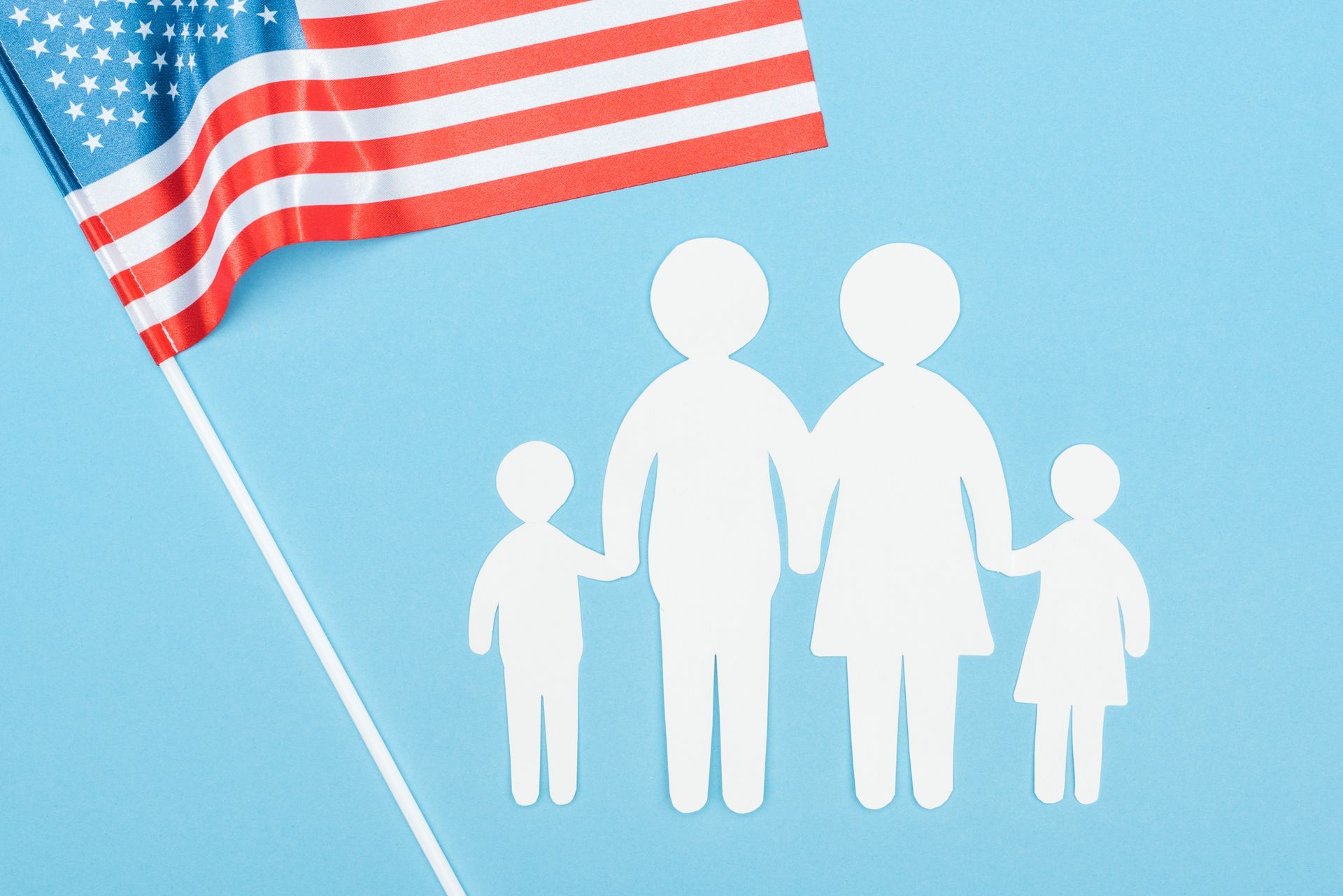Contact Us
Phone: 816-491-8105
Location
7000 NW Prairie View Rd
Suite 260
Kansas City, MO 64151
Hours
- Mon - Fri
- -
- Sat - Sun
- Closed
Call Us Now 816-491-8105

Understanding the Difference Between Chapter 13 and Chapter 7 Bankruptcy
Bankruptcy can be a crucial tool for individuals struggling with overwhelming debt, offering a path to financial freedom. Understanding the differences between Chapter 13 and Chapter 7 bankruptcy is essential for choosing the right approach. We will explain the distinctions between these two types of bankruptcy. Attorney Vaughn White of VW Law has been helping individuals make informed decisions based on their financial needs for 30+ years.
Chapter 7 Bankruptcy: Liquidation of Assets
Chapter 7 bankruptcy, often called liquidation, involves selling the debtor’s non-exempt assets to pay creditors. Once the assets are liquidated, most remaining unsecured debts, like credit card and medical bills, are discharged. While this process is fast, typically taking 3 to 6 months, the debtor must meet income and asset qualifications through a means test. Those with high income or significant assets may not qualify for Chapter 7 and could be directed to Chapter 13 instead.
Chapter 13 Bankruptcy: Debt Reorganization
Chapter 13 bankruptcy involves reorganizing debt into a manageable repayment plan lasting 3 to 5 years. During this time, the debtor makes monthly payments to a trustee, who distributes funds to creditors. This option is ideal for individuals with steady income but significant debt, particularly those looking to avoid foreclosure or repossession. While Chapter 13 allows individuals to keep their assets, the debt is not fully discharged until the repayment plan is completed.
Eligibility Differences Between Chapter 7 and Chapter 13
Eligibility requirements for Chapter 7 and Chapter 13 differ significantly. Chapter 7 requires passing a means test, which compares income and expenses to determine eligibility. If a debtor’s income is too high, they may not qualify for Chapter 7 and will need to consider Chapter 13. Chapter 13, however, is available to individuals with a steady income, regardless of amount, though there are limits on the total debt a person can have to qualify.
Impact on Assets and Property
In Chapter 7, non-exempt assets may be liquidated to pay creditors, though exemptions typically cover essential items like a primary vehicle and clothing. If valuable assets exceed the exemptions, they may be sold. Chapter 13 allows individuals to keep their property while making debt payments, as it focuses on restructuring rather than liquidation. This makes Chapter 13 a better option for those looking to protect significant assets like homes or cars.
The decision between Chapter 7 and Chapter 13 depends on income, assets, and long-term financial goals. Chapter 7 is ideal for those with minimal assets who want a quick discharge of unsecured debts, while Chapter 13 suits individuals with steady income who want to keep their property and repay debts over time. Attorney White of VW Law is committed to guiding individuals through bankruptcy and helping them choose the right option for a fresh start. Contact VW Law today for a consultation.







Do you have any questions?
Call Martinez Immigration Law LLC today at 816-491-8105!
Hours
- Mon - Fri
- -
- Sat - Sun
- Closed
Disclaimer: The information on this website is for general information purposes only. Nothing on this site should be taken as legal advice for any individual case or situation. This information is not intended to create, and receipt or viewing does not constitute an attorney-client relationship.
All Rights Reserved | Martinez Immigration Law LLC | Powered By Convert It Marketing | Privacy Policy
All Rights Reserved | Martinez Immigration Law LLC | Powered By Convert It Marketing | Privacy Policy




